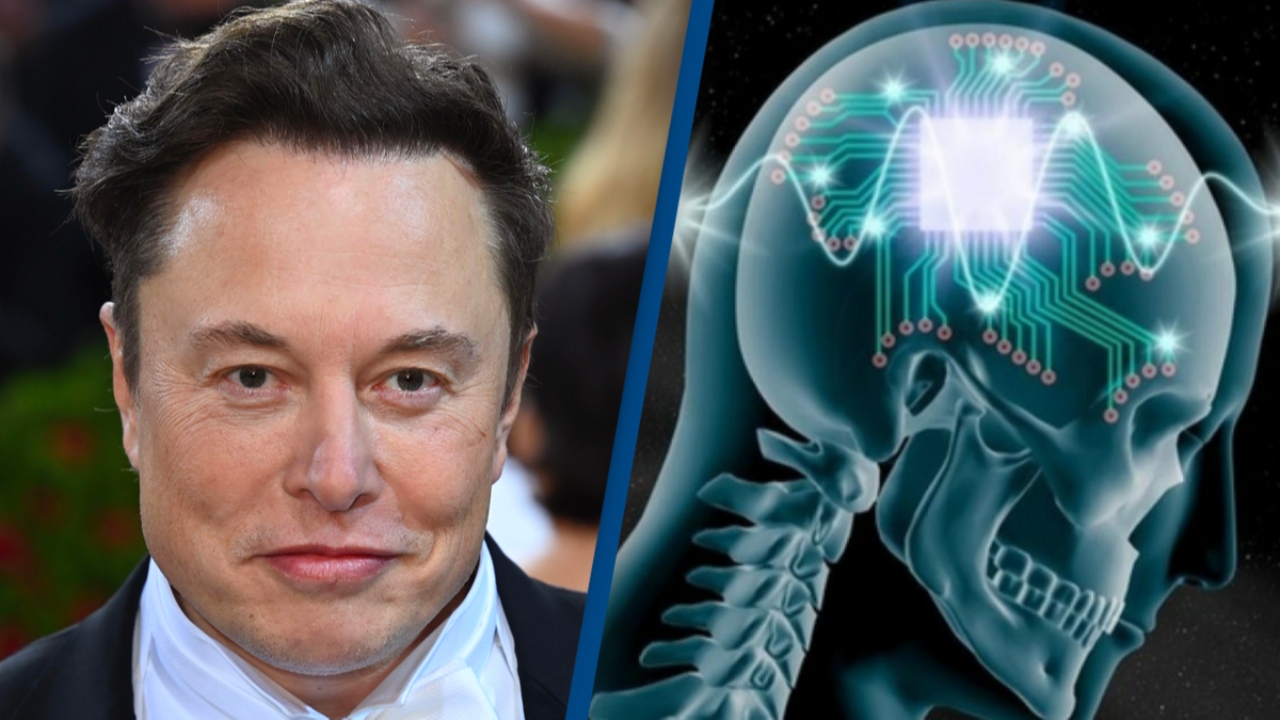An agency under the United Nations warns against brain implants like Elon Musk’s Neuralink over the potential to be used as “personality-altering weapons.”
Neurotechnology and Brain Manipulation
The United Nations Educational, Scientific and Cultural Organization (UNESCO) raised concerns about implications of neurotechnology and its potential to monitor and manipulate the human mind through neuro-imaging and personality-altering programs.
The International Bioethics Committee (IBC) of UNESCO has emphasized the need for an ethical framework to protect humanity from potential abuses of brain chip technology, which could be exacerbated by advances in artificial intelligence (AI).
Experts Echo Concerns
Leading experts in the field share UNESCO’s apprehensions.
Gabriela Ramos, UNESCO’s assistant director-general for social and human sciences, said breakthroughs in neurotechnology could directly manipulate human brain mechanisms. This includes intentions, emotions, and decisions, with far-reaching and potentially harmful consequences.
Economist Mariagrazia Squicciarini adds that machine learning algorithms’ capacity to decipher complex data, such as fMRI brain scans, may accelerate brain chips’ access to the human mind, comparing it to putting neurotech on steroids.
The Call for Transparency and Neuro-Rights
In response to the risks posed by neurotechnology, the IBC report recommends greater transparency in neurotechnology research from both industry and academia.
The committee advocates for developing “neuro-rights” to be included in international human rights law, addressing concerns about the privacy of mental life and individual agency.
UNESCO’s warning came in the wake of the U.S. Food and Drug Administration granting federal approval to Musk’s Neuralink for human trials.
Neuralink’s brain implants aim to connect the brain to the cloud via threadlike electrodes sewn into specific brain areas.
While Musk envisions the potential benefits, federal regulators have expressed concerns about possible harm.
An investigation by the U.S. Department of Agriculture’s inspector general focuses on potential violations of the Animal Welfare Act during testing on monkeys.
The IBC report specifically highlights the risks associated with “dual use” AI brain chip technologies that can be easily reprogrammed for malicious purposes, leading to social inequities, privacy violations, and manipulation of individuals.
As neurotechnology advances, experts urge proactive measures to ensure its responsible use and safeguard societies and democracies from potential misuse.
Here is a video that claims a brain implant like Neurallink could be the next step to transhumanism.
Get the news you need at It’s On News.


